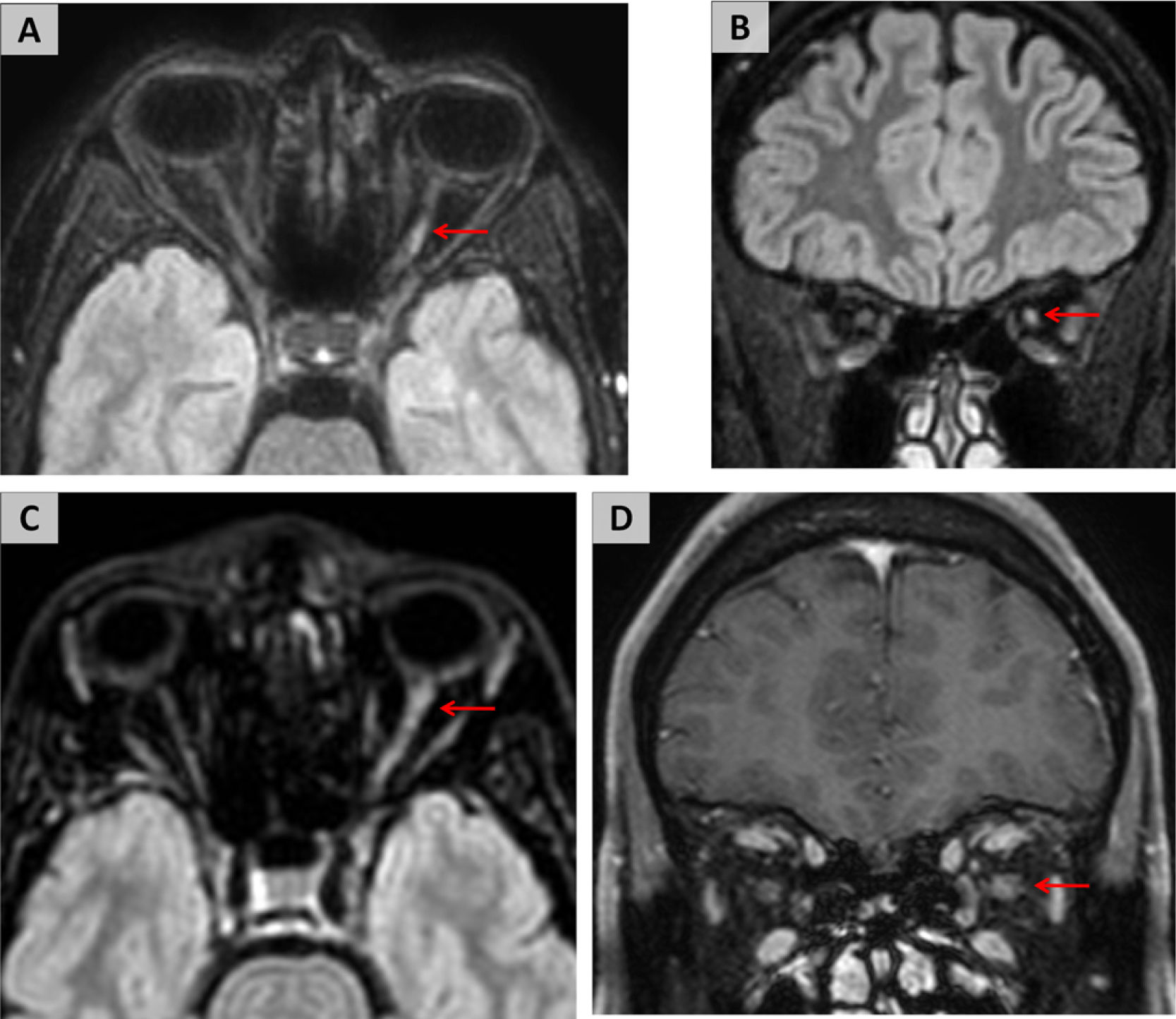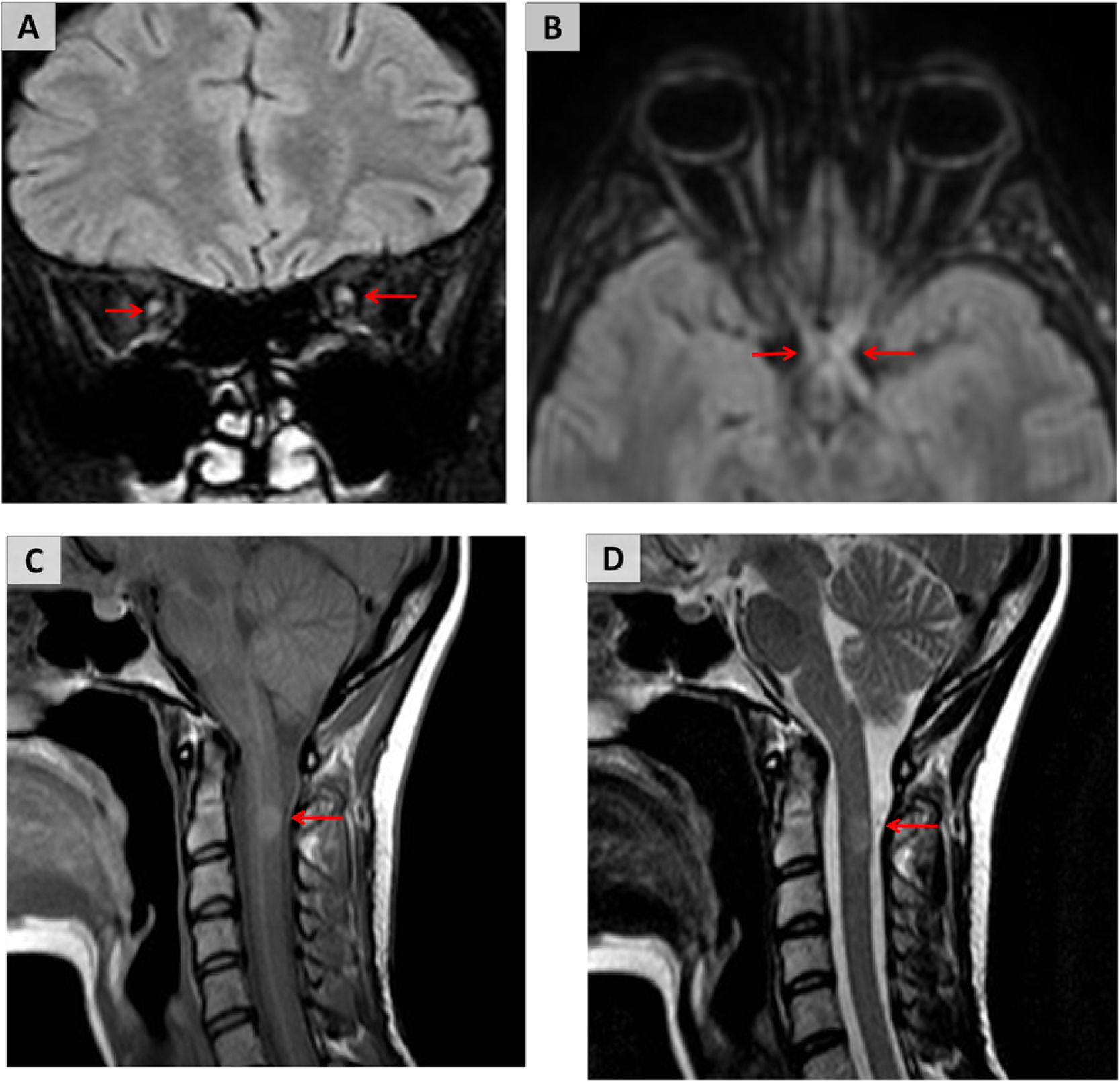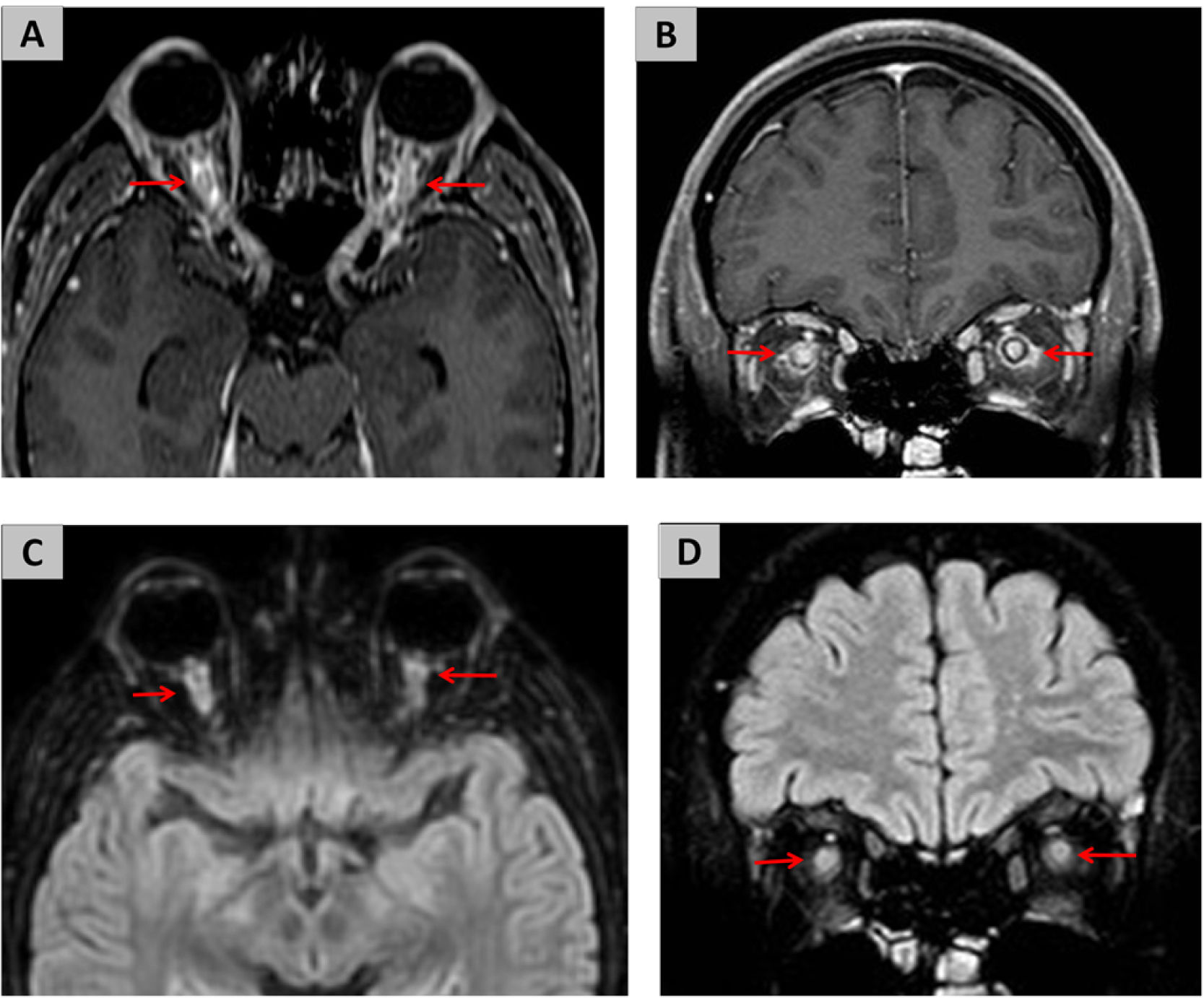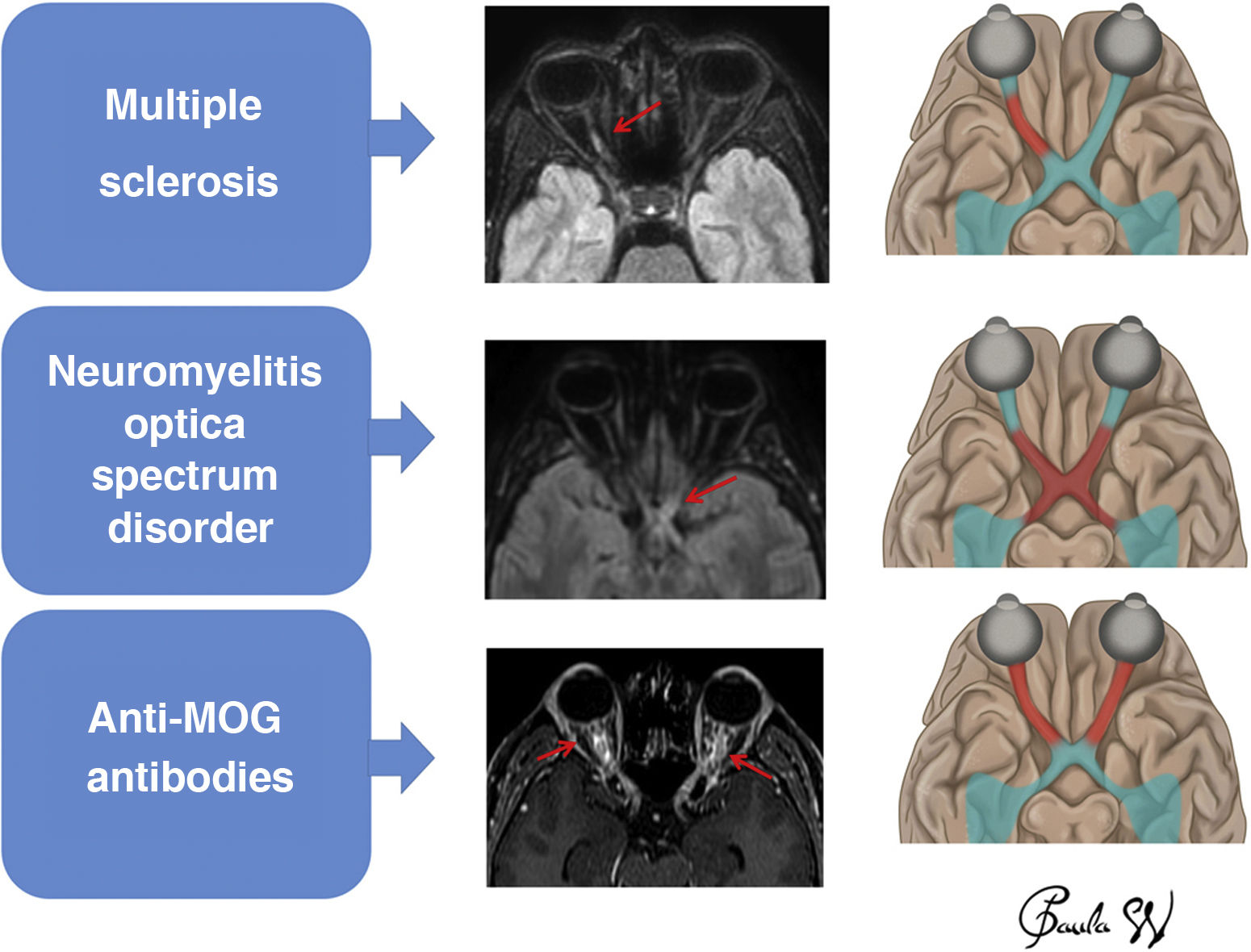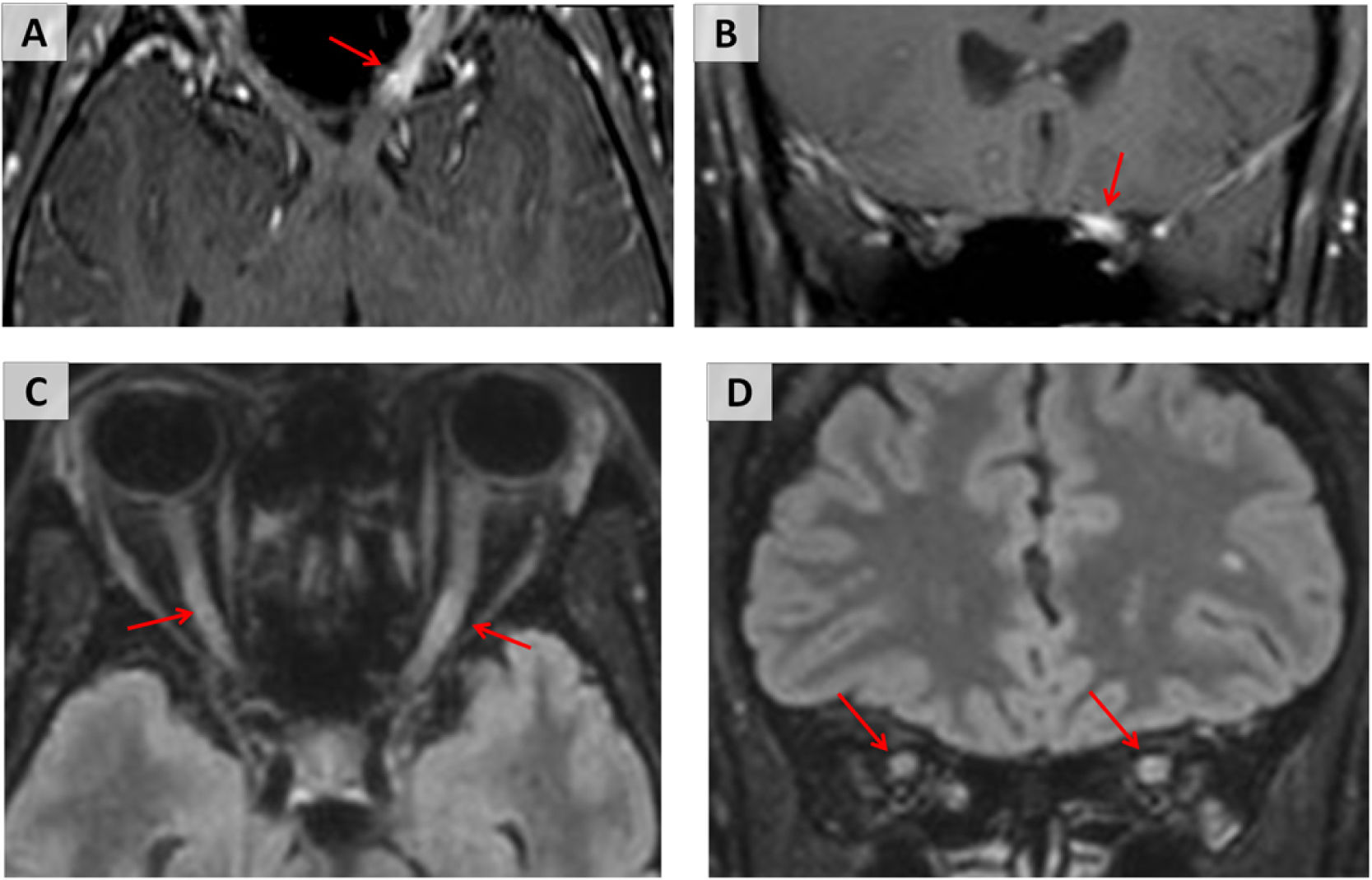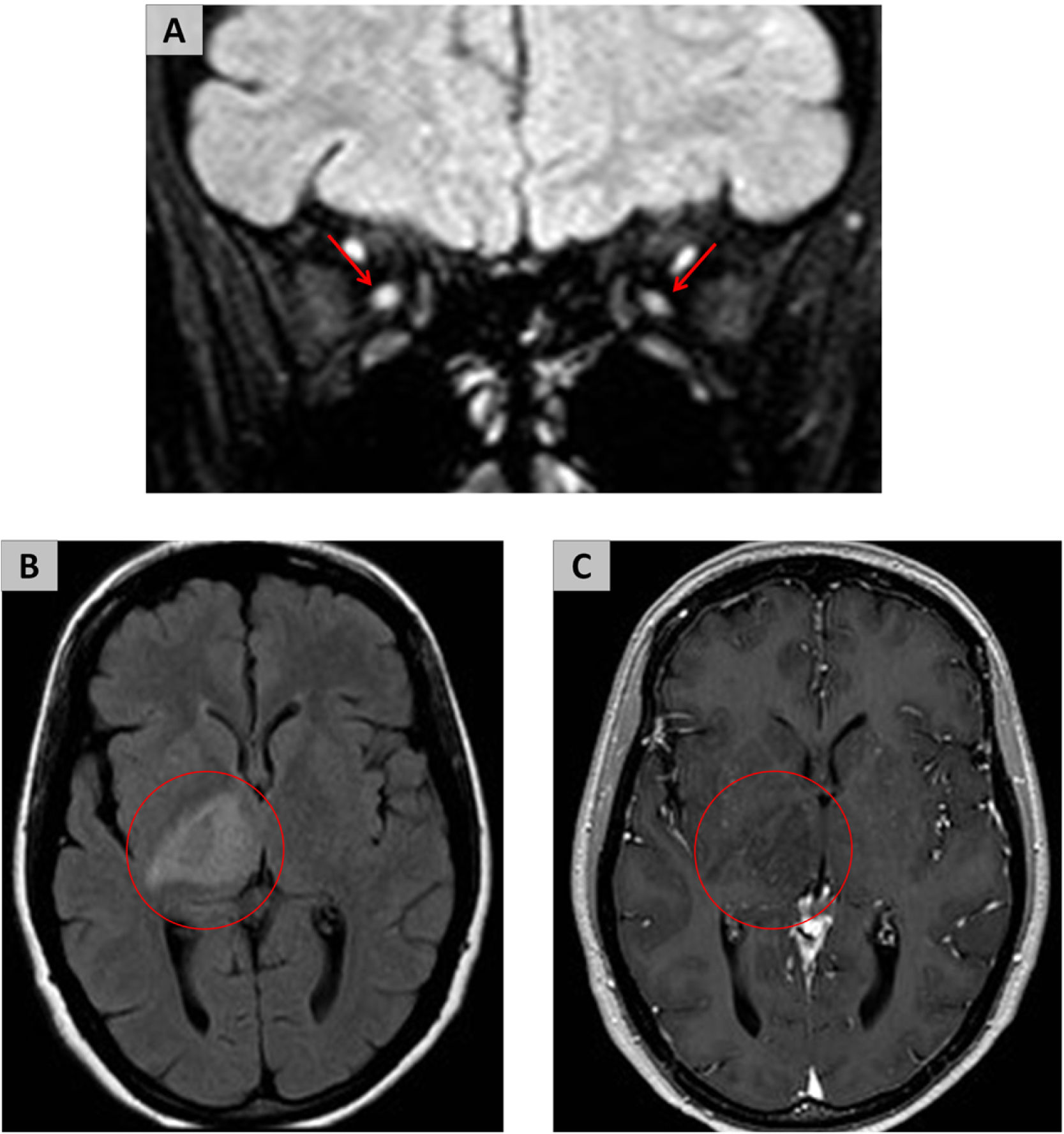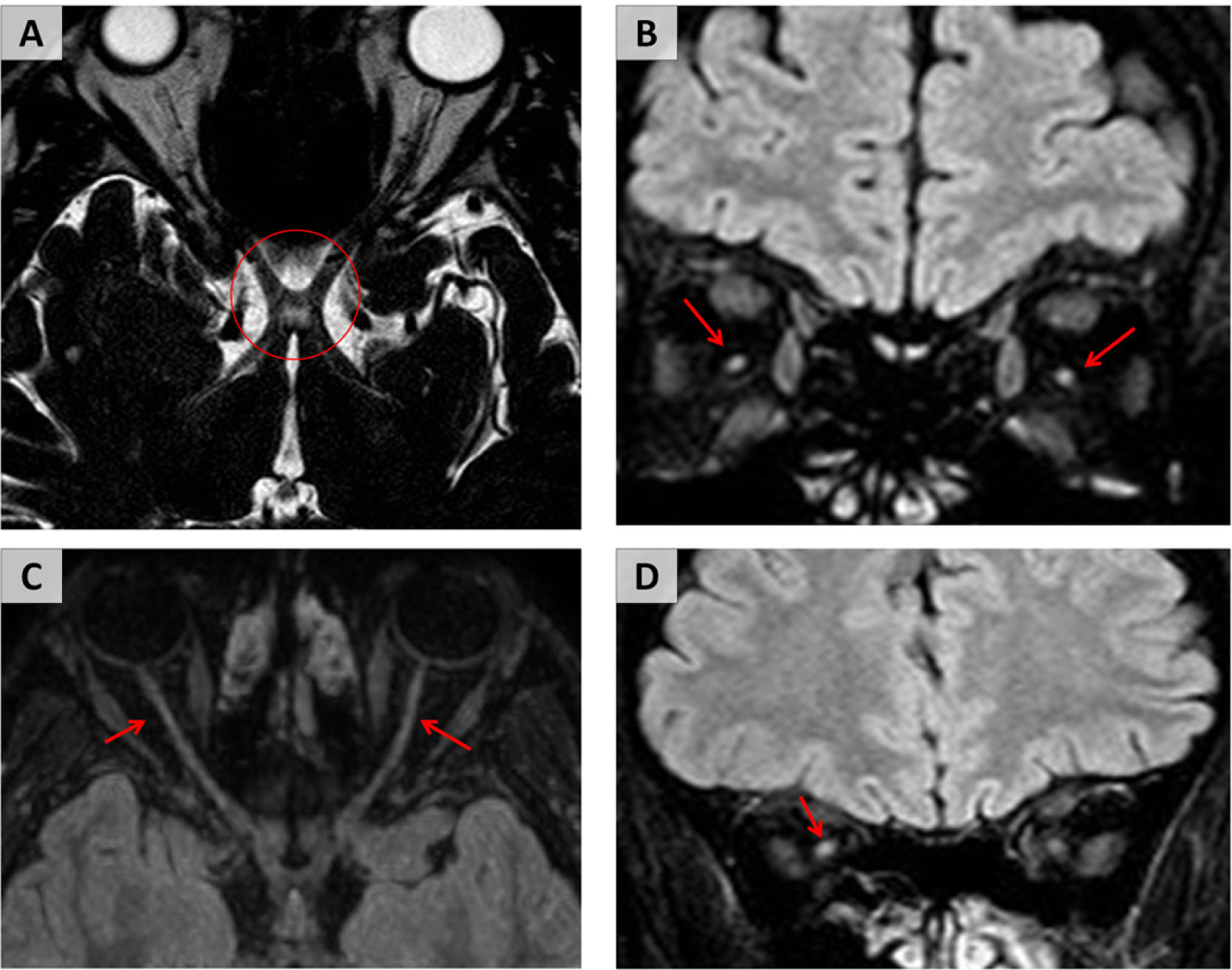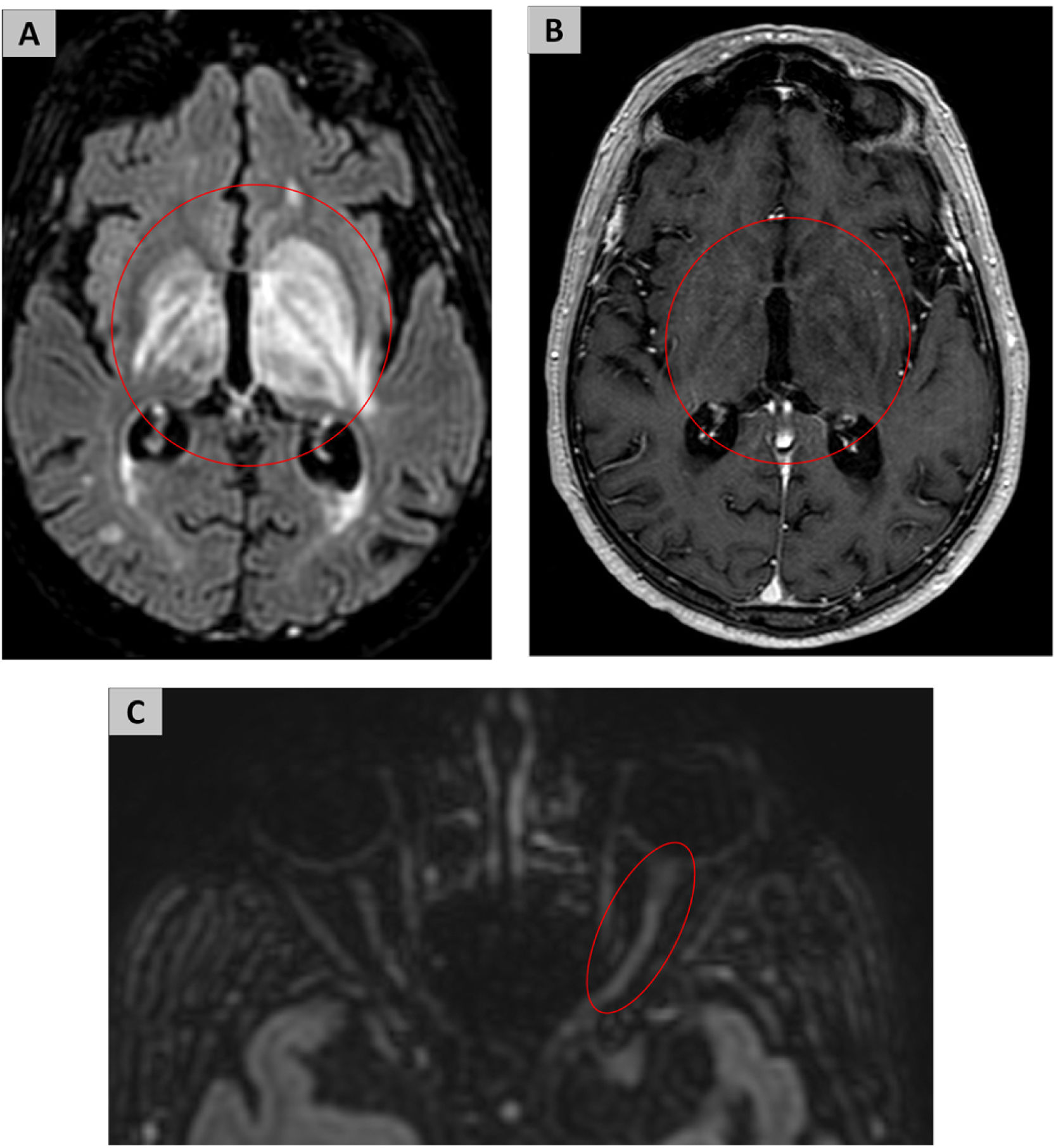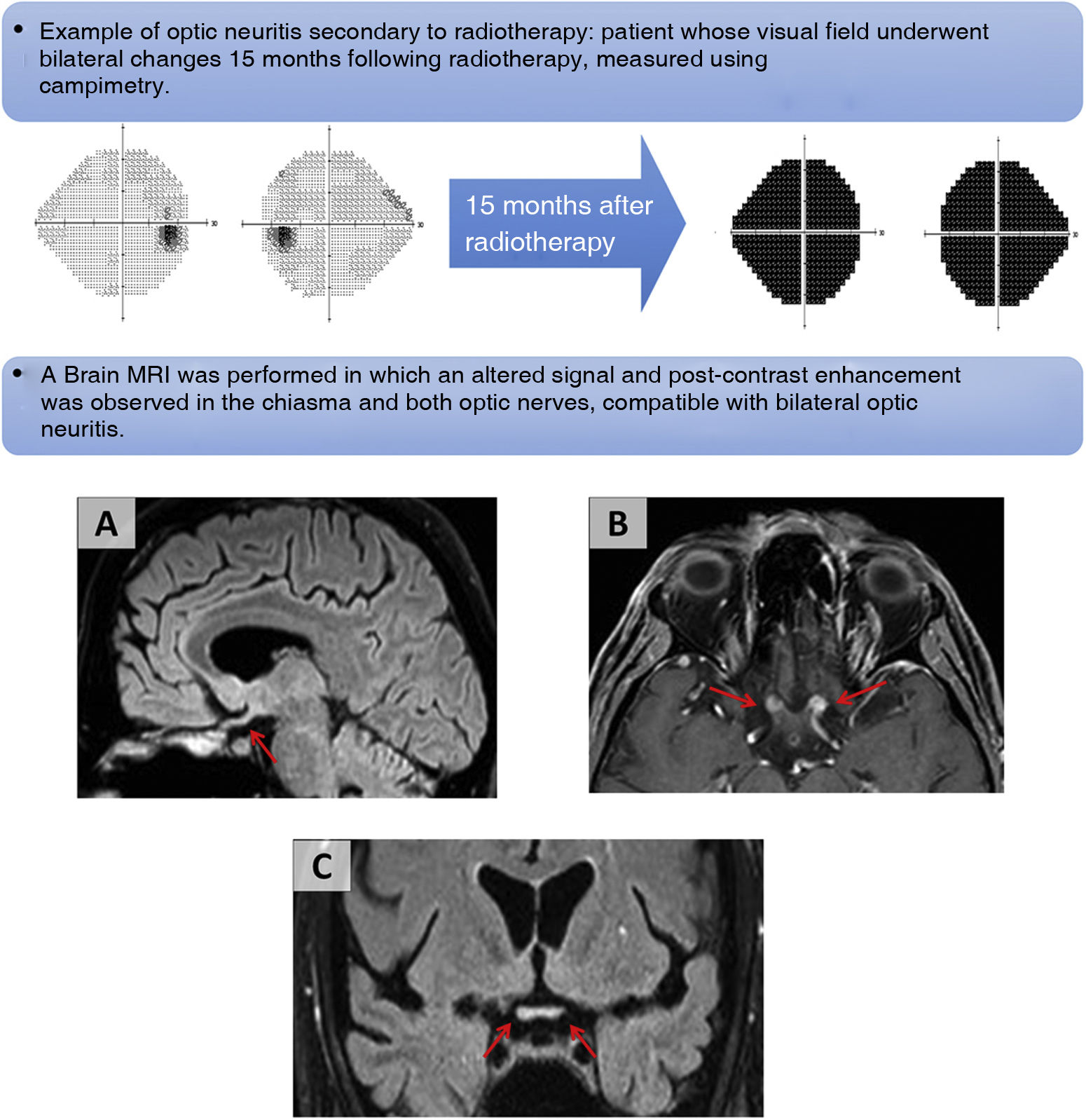The aim of this work is to provide a diagnostic approach to the potential causes of optic neuropathy, focusing on the radiological findings associated with this pathology. Various etiologies have been identified, including inflammatory and demyelinating optic neuritis, developmental and hereditary diseases, neurodegenerative disorders, infectious conditions, post-traumatic causes, ischemic optic neuropathy (with anterior ischemic optic neuropathy being the most common form), and neoplastic etiologies. Optical coherence tomography and magnetic resonance imaging play a fundamental role in the diagnosis of optic neuropathy, allowing to distinguish patterns of optic nerve involvement. These studies are essential to locate and characterize the different pathologies, increasing the precision of the diagnosis in diseases presenting optic neuropathy as the main symptom. In conclusion, the findings obtained from magnetic resonance imaging are essential in the differential diagnosis of optic nerve diseases, aiding in the localization and characterization of various pathologies affecting either the optic pathway alone or multiple levels of the central nervous system and thereby increasing diagnostic accuracy.
Este trabajo tiene como objetivo realizar una aproximación diagnóstica de las posibles causas de neuropatía óptica, enfocándose en los hallazgos radiológicos de dicha entidad. Se han identificado diferentes etiologías, como neuritis ópticas inflamatorias y desmielinizantes, enfermedades del desarrollo y hereditarias, neurodegenerativas, infecciosas, postraumáticas, isquémicas y tumorales. La tomografía de coherencia óptica y la resonancia magnética desempeñan un papel crucial en el diagnóstico, permitiendo distinguir los patrones de afectación y orientar el diagnóstico diferencial. Estos estudios son fundamentales para localizar y caracterizar las diferentes patologías, aumentando la precisión del diagnóstico en enfermedades que presentan neuropatía óptica como síntoma principal. En conclusión, los hallazgos obtenidos mediante resonancia magnética son esenciales en el diagnóstico diferencial de las posibles causas de neuropatía óptica, ayudando en la localización y caracterización de diversas patologías que afectan tanto a la vía óptica como a múltiples niveles del sistema nervioso central, mejorando así la precisión diagnóstica.











